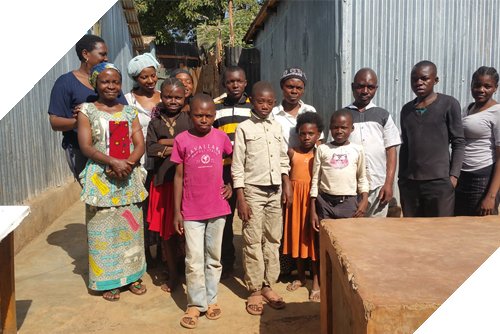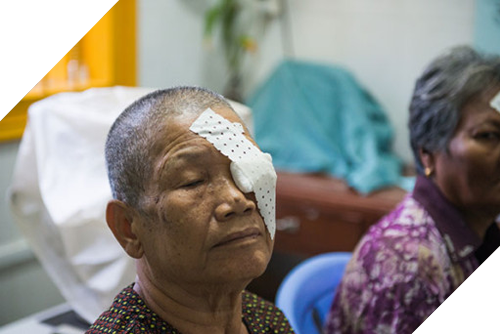Reducing maternal and child mortality rates through proactive healthcare
Choose your preferred method of giving:
In order to provide you with the best donor experience, please note your preferences around your generous pledge in the following form. You will receive an email with the necessary information for donating by check, wire, or DAF upon completion.
Problem
Billions of people in developing countries continue to suffer from infections, malnutrition, and maternity-related health risks, which have long been controlled in rich countries.
Research on labor force issues identifies health workers as the key ingredient to successful health systems, but worldwide the health workforce availability remains at less than 10% of what is needed to deliver essential primary health care services. While the shortage is global, it is felt most acutely in low-income countries, regions where the highest disease burden have the fewest health workers per capita. There is currently a health worker shortage of seven million nurses and doctors in rural areas of Africa.
Mounting evidence over the last twenty years shows that community health workers (CHWs) are a cost-effective solution; sometimes they provide the first and only access to health services in remote areas. They also offer the added benefits of being from the community in which they serve and reducing the need for difficult or expensive journeys to healthcare facilities. The World Health Organization (WHO) estimates that expanded access to key CHW interventions can prevent an additional three million deaths per year. But research makes it clear that the mere availability of a health workforce is not sufficient. Health workers must be equitably distributed and accessible, must be competent and empowered to deliver quality care that is appropriate to the culture, and must be adequately supported by health systems.
Programs Offered
Muso currently employs a cadre of 424 CHWs to treat patients at the earliest signs of illness using a three-step model:
-
- Proactive door-to-door visits
- Doorstep care with life-saving screenings and medicines
- Rapid access to strengthened clinics by removing fees and other barriers to entry
CHWs bring critical services into the home, provide on-the-spot treatments, and refer acute cases to the next appropriate level of care–all free of charge. Their services include family planning, newborn screening, and treatment for children with malaria, diarrhea, and malnutrition.
Supervisors lead CHW group discussions to solve common challenges and reinforce key skills, gather feedback from people served, shadow each CHW once a month, and provide one-on-one feedback to improve performance.
At the clinic level, Muso improves the quality of care by building the capacity of medical staff and making crucial infrastructure upgrades.
Founded in Mali in 2005, Muso has built a strong partnership with the Malian government which announced a plan in 2019 to make major improvements to its healthcare system by 2023. The government is rolling out Muso’s dedicated supervision model to the existing national corps of 3,000 CHWs
and hiring approximately 150 new Supervisors. Muso is providing technical support to train CHWs to implement the proactive care model and is working to adapt the Supervisor App, which collects data and manages workflow, for use by Mali’s new national cadre of CHW Supervisors.
After years advising the Ministry of Health in Cote d’Ivoire on the CHW model, Muso has executed a Memorandum of Understanding with the Ministry, establishing a long-term partnership wherein Muso provides training and salaries for CHWs and CHW supervisors in addition to providing government health center staff training and operational support, referral and evacuation costs, medical supplies, and pharmaceuticals.
Historical Results
Since 2008, Muso CHWs have delivered care through 11,336,546 cumulative home visits and 1,051,897 cumulative clinic visits for over 410,000 patients. 85% of sick children under age five are reached by CHWs within 24 hours of symptom onset.
Results from a 2018 study of Muso’s CHW performance improvement through 360° supervision demonstrated a 78% increase in number of home visits, a 20% increase in speed of care, and a 33% increase in quality of care.
A 2008-2015 study on peri-urban communities served by Muso showed that three years after the introduction of Muso CHWs, child mortality decreased 10-fold. Early access to care increased nearly two-fold and the total number of patient–provider contacts increased 10-fold. At baseline, under-five mortality was 155 per 1000 live births. After three years, it was 7 per 1000 live births–a rate comparable to the U.S.
Path to Credibility
- Muso’s founders and dedicated original team members are still active in the organization. Nine out of 14 members of the leadership team are Malian.
- Despite being a small organization, Muso is achieving outsized, unquantifiable impacts through its considerable research, dissemination of best practices, and collaboration with other programs.
- Findings from a 2013 study on Muso’s CHW intervention model—conducted by Muso, UCSF, Harvard and the Malian Ministry of Health—focused global attention on ultra-rapid healthcare delivery and made Muso’s approach a global model for saving children’s lives. As a result, the Malian government asked Muso to provide intensive technical assistance in creating a five-year strategic plan to scale-up paid, professionalized CHW’s throughout the country.
- Member of the Community Health Impact Coalition (CHIC), a coalition of 28 healthcare nonprofits from 40+ countries formed to promote quality Community Health Worker (CHW) programs and to make professionalized CHWs a standard form of care worldwide. Muso’s long-term government collaboration serves as a model for many CHIC members of varying sizes. Its strong partnership with the Malian Ministry of Health has survived two coup d’états, Ebola outbreaks, and terrorist activity.
- FP has visited Muso in Bamako, Mali.
- FP and Muso have conducted two successful matching campaigns.
More Program Partners
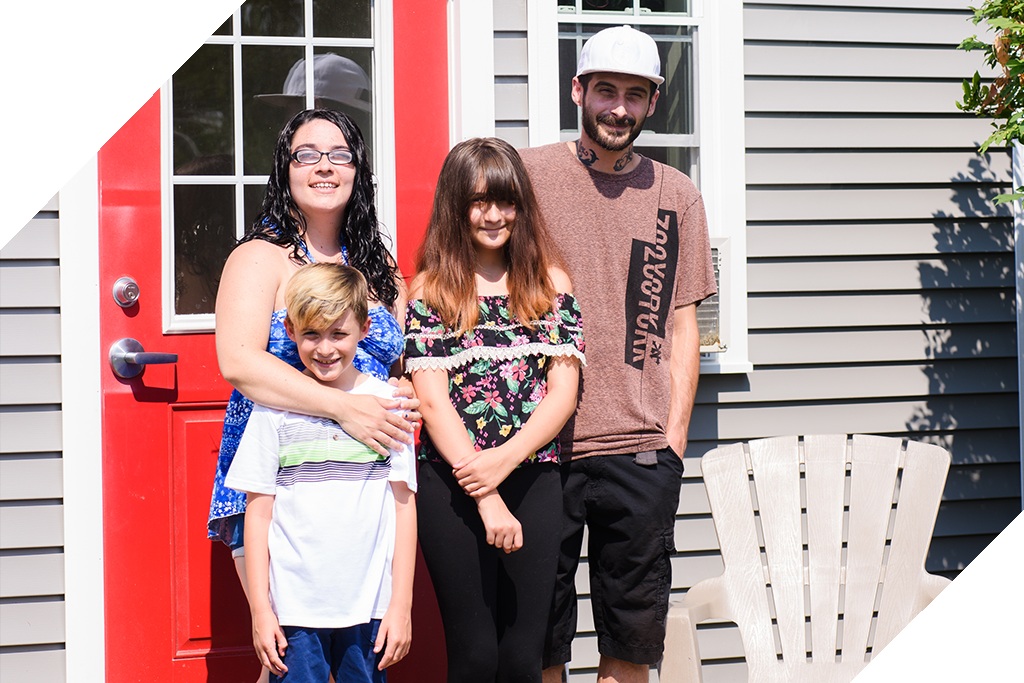
Expanding access to credit to people and places across the country where traditional finance does not reach with OFN.
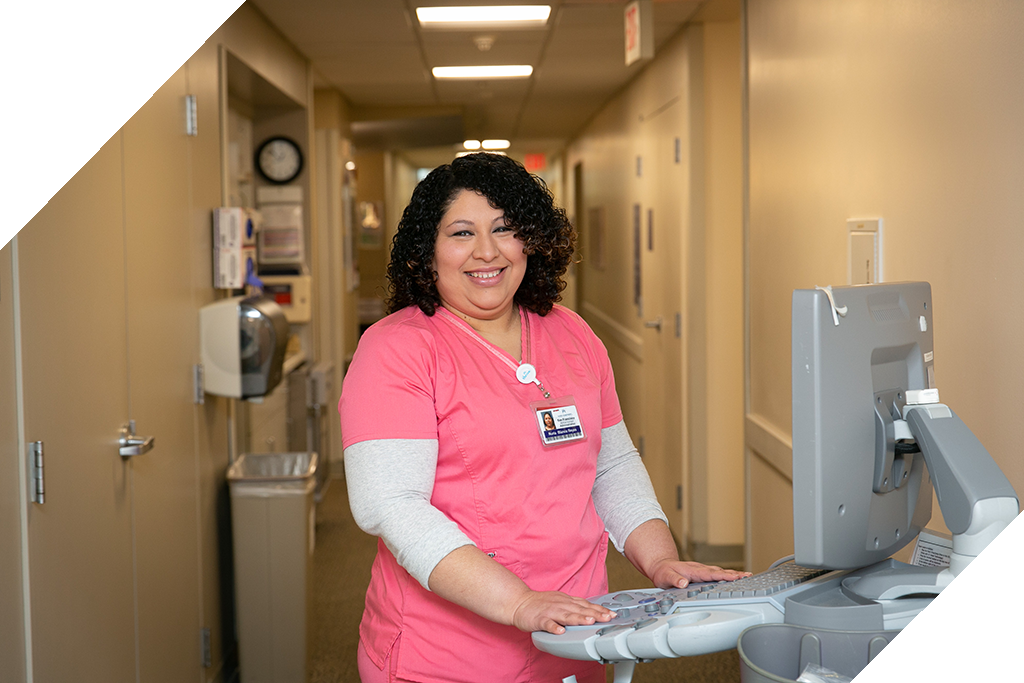
Expanding access to careers in healthcare for people facing barriers to employment with JVS.
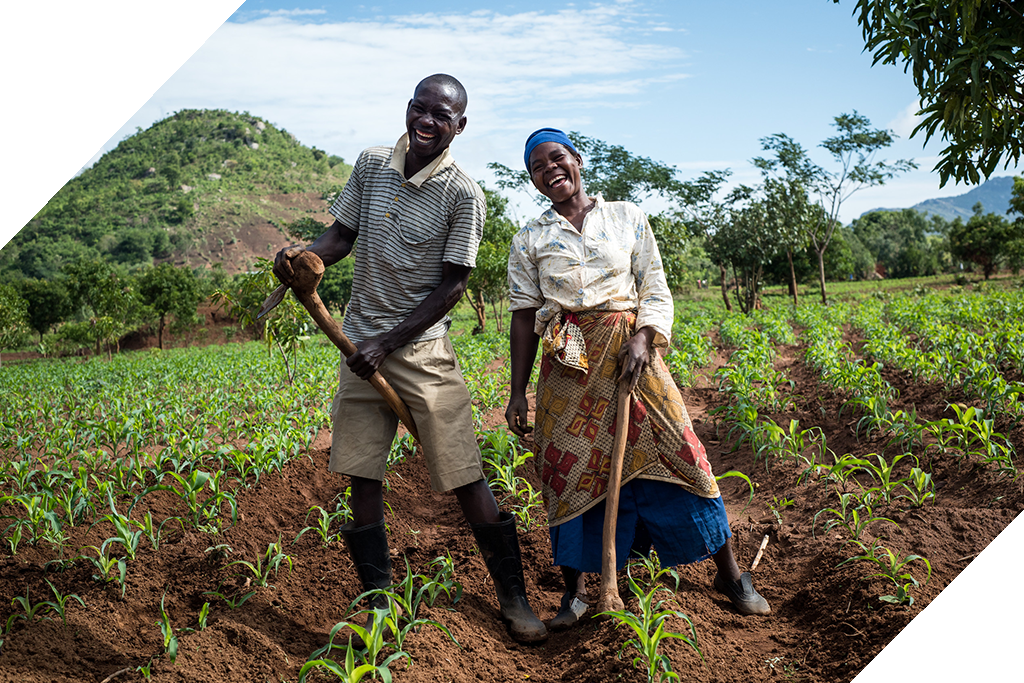
Helping hard-working subsistence farm families gain food security and economic opportunity with One Acre Fund.

Providing young people with equitable opportunities to achieve their postsecondary aspirations with OneGoal

Opening doors to careers in technology for Americans from underserved communities with Per Scholas.
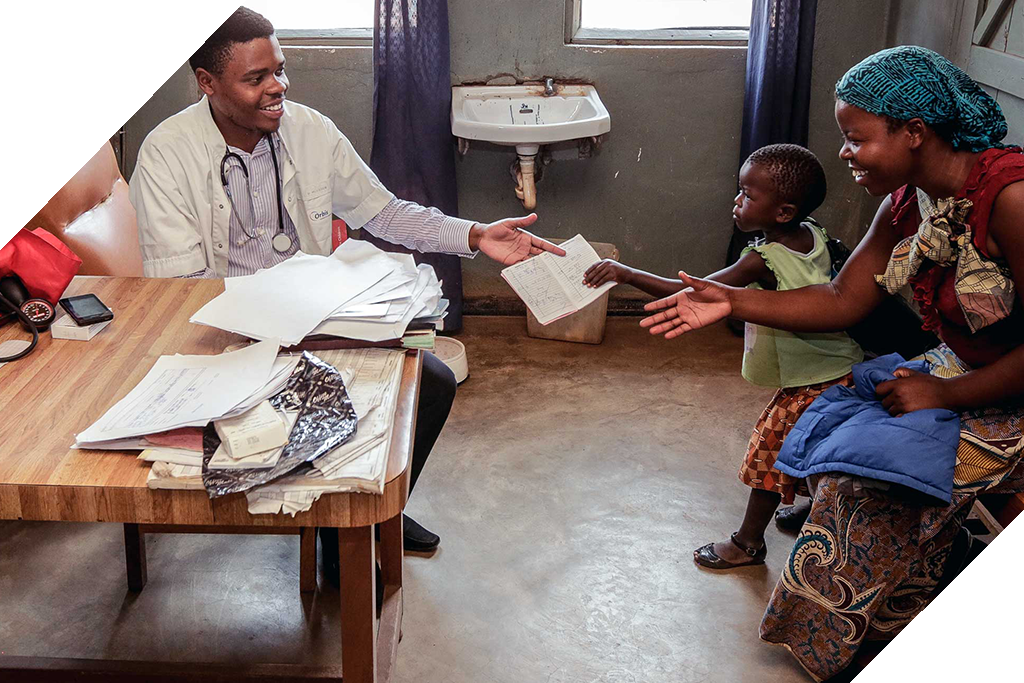
Bringing life-saving health care innovations to scale and sustainability in the world’s most underserved communities with VillageReach.
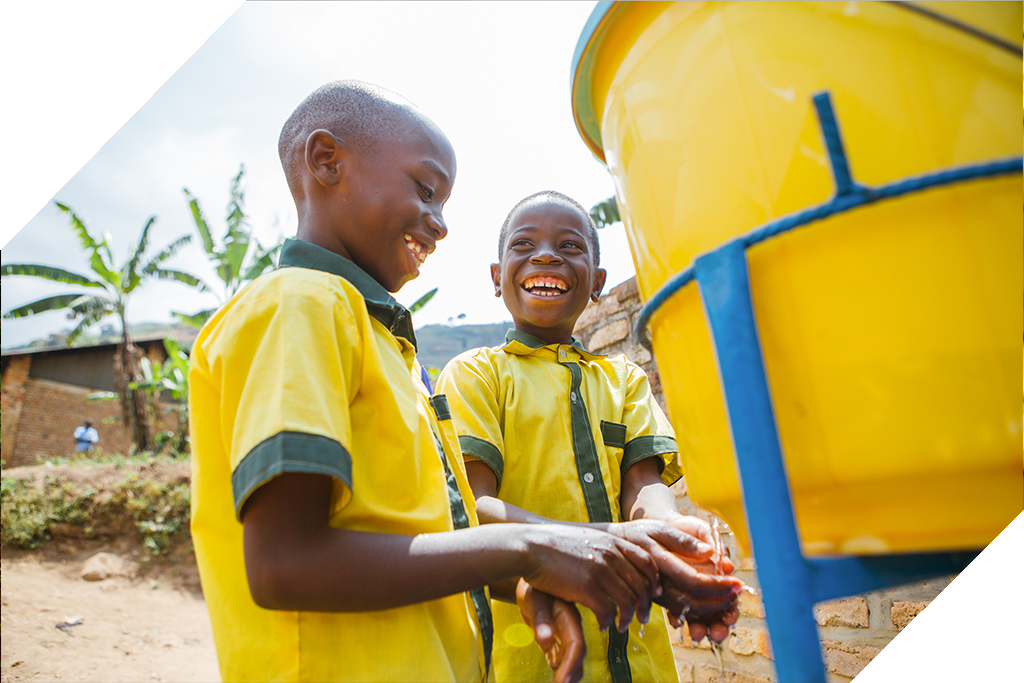
Promoting safe and reliable water, sanitation, and hygiene services for every family, clinic, and school with Water For People.



